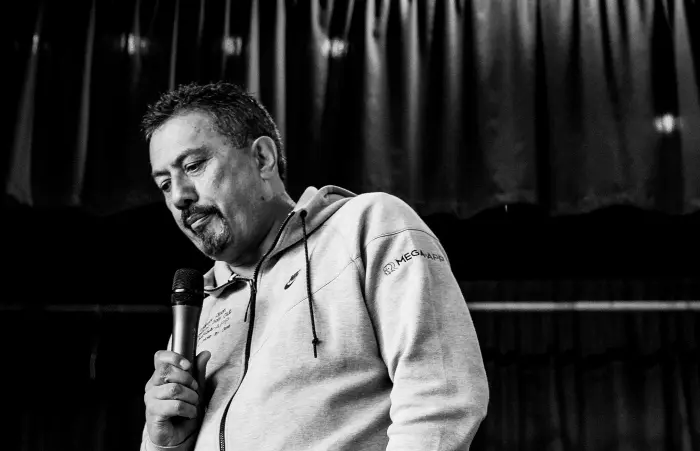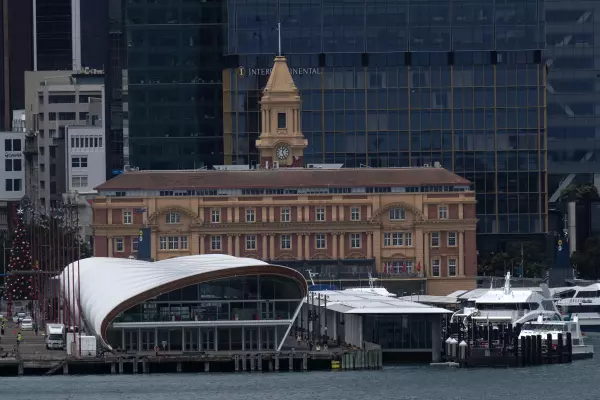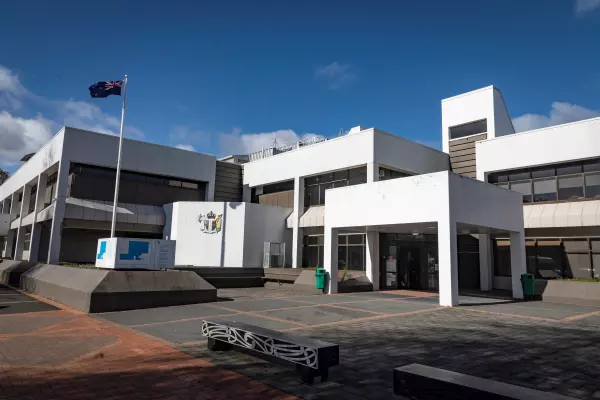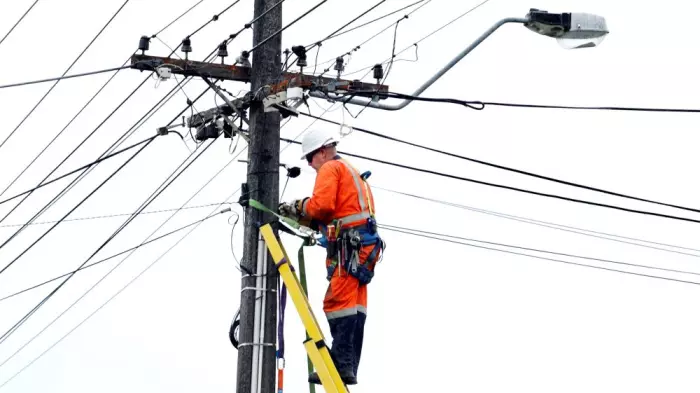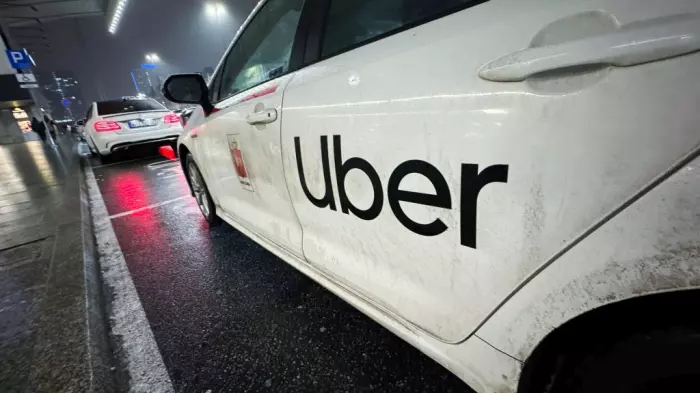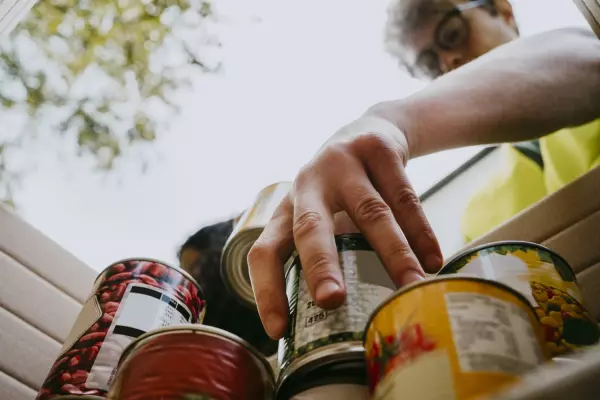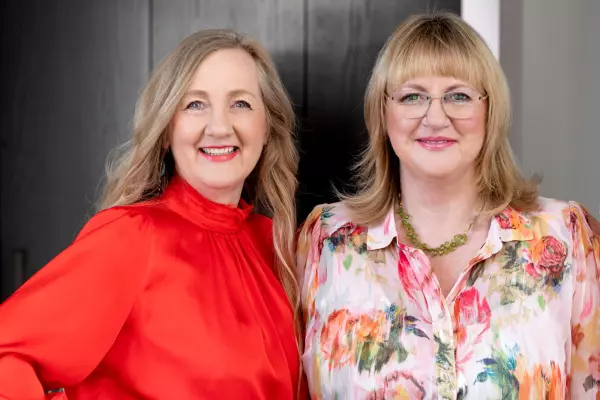The Ministry of Health is seeking a ‘please explain’ from the charitable trust behind the youth counselling service, Gumboot Friday.
It follows comments made by former comedian and mental health advocate Mike King during an interview with broadcaster Sean Plunket on The Platform, a new media venture funded by the Wright family.
King founded the Key to Life Charitable Trust, which fundraises for and runs Gumboot Friday, a service connecting young people under 25 with free counselling.
During his interview with Plunket this week, King discussed a $600,000 grant made by the ministry last year to Key to Life through a new mental wellbeing and innovation fund.
BusinessDesk has reported extensively on the circumstances surrounding the payment, which followed months of criticism levelled by King at the government over its track record on mental health and at the ministry specifically for not funding Gumboot Friday.
“Jacinda announced last year, I was making too much noise, and she announced she had $1.2 million from her innovation fund which would go along and help organisations like ours and Mates in Construction,” King told Plunket.
The ministry didn’t openly call for tenders for the fund, claiming it was exempt as a pilot funding mechanism (the service itself is not a pilot). Instead, it directly approached Key to Life and another organisation to apply.
A cheque, just not for counselling
In the interview with Plunket, King said when the charity made its application, it did so on the basis the money would be used to pay for counselling. When the ministry told King the funds couldn’t be used for this purpose – because counsellors registered with the New Zealand Association of Counsellors aren’t regulated under a specific act – he said he asked for tips on reapplying.
Speaking with Plunket, he said the ministry told him: “Quote, ‘don’t worry about it, we’re just going to give you the money. You don’t even have to reapply’”.
King went on to say the money hadn’t been touched and there were no requirements for what the trust could spend it on.
“The money is sitting in the bank untouched,” he said, adding later: “I don’t even have to tell them what I’m spending the money on. That’s a fact.”
The ministry confirmed that $300,000 was paid to Key to Life in September 2021. A further $300,000 was paid to the trust recently following a discussion with its chairman, Shane Webby, about how the first payment had been used.
Dr Arran Culver, acting deputy director general for mental health and addiction at the ministry, said the ministry had since become aware of comments by King which might not be consistent with the funding agreement with Key to Life and previous commitments made by the trust.
“We are in the process of contacting the trust about the matter."
The ministry previously said the grant, while not available to pay for counselling, could be used for things like administrative support and platform innovation.
King is no longer a current officer of the Key to Life trust but remains a spokesman. In a statement, he said he provided incorrect information during the interview.
“Rather than answer the question on the spot, I should have checked with the office to ensure I had the correct figures.”
The first tranche of $300,000 had been used to develop essential research and analytics, King said, which would provide real-time measurement of project outcomes and counsellor resource allocation.
Key to Life had yet to make a final decision on how to spend the remainder.
“These funds will be used in accordance with Ministry of Health guidelines,” King said.
The ministry and Key to Life both defended the way the procurement was handled.
“We continue to work with the ministry to ensure we maintain robust systems and protocols around the allocation of publicly provided funding,” Webby said.
Covid funding hit
The most recent Key to Life accounts filed with the charities register, for the year to March 31, 2021, showed the trust received $2,091,213 in donations, fundraising and other revenue, well down on the $2.8m recorded in the 2020 year.
Gumboot Friday-specific donations were recorded as $435,961, down from $1,414,650. The trust paid $771,661 in counselling expenses in the 2021 year, about half its total expenses and well down on the $1,475,982 recorded the previous year.
The trust also had accumulated funds of $930,000.
Webby said fewer donations were made to Key to Life, which is the overarching organisation for Gumboot Friday and I Am Hope, in the year to March 31, 2021. He attributed this to the pandemic.
“All donations made to Gumboot Friday are kept in a separate bank account from donations made to the Key to Life Charitable Trust,” Webby said.
All donations to Gumboot Friday were spent on counselling sessions, he said.
In 2021, Key to Life funded a purpose-built online platform for Gumboot Friday which administers all donations and expenses as well as providing real-time reporting.
“It is unparalleled in NZ in the benefits it affords,” Webby said, adding access to counselling via Gumboot Friday was growing at about 230% and May 2022 was the biggest month ever.


